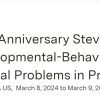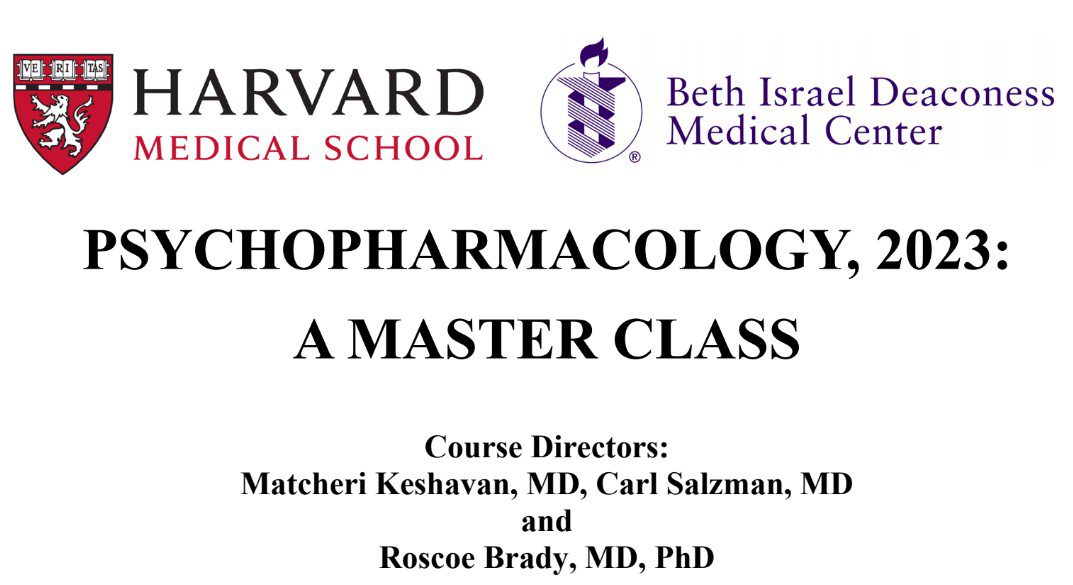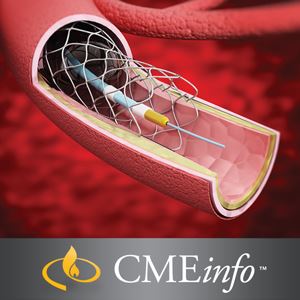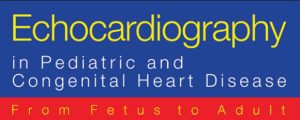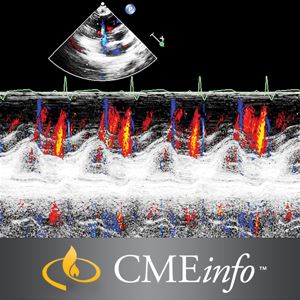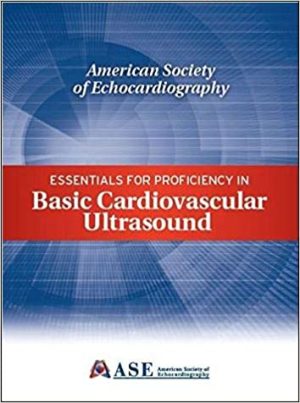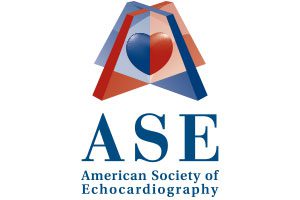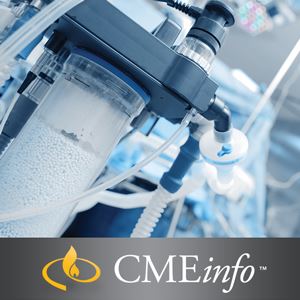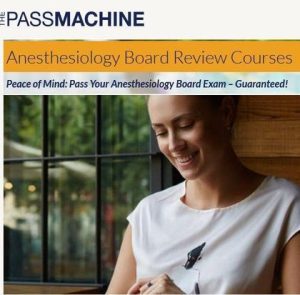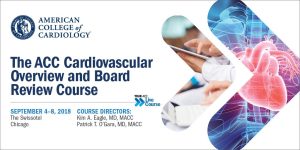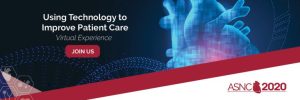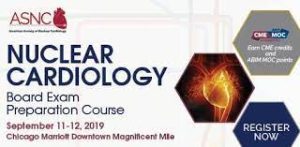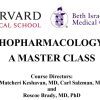Harvard Psychopharmacology A Master Class 2023
$55
Harvard Psychopharmacology A Master Class 2023
Overview
19 videos + 20 pdf, size: 4.73 GB
Information:
We are pleased to offer our 13th annual two-day course uniquely designed for practicing clinicians, clinical researchers and trainees in psychiatry. Presentations will focus on typical psychiatric patients with emphasis on those who are difficult to treat or are treatment resistant. Newer treatments and developing treatment strategies will be discussed including the use of genetic tests, blood level measurements and drug combinations. There will be considerable opportunity for interaction with the presenters.
This conference will focus on the following topics: An updated review of neurobiology and brain function taking the attendee through neurotransmission sequence from the central role of neurotransmitter circuits, transmitters and receptors, synaptic function and gene transcription. Interaction between genes and the environment. Drug treatment of schizophrenia and bipolar disorder will be presented with a focus on prodromal symptoms and first episode patients, as well as long-term maintenance and treatment resistant patients. New antipsychotic medications and treatment augmentation will be reviewed along with potential new uses for mood stabilizers. Neurobiological mechanisms of depression with a discussion of both the genetic and epigenetic contribution as well as the role of inflammation will be highlighted. Modern use of antidepressants will be based on the latest clinical findings. Special consideration will be given to ketamine, ECT, TMS, psychedelics and augmentation strategies for treatment resistant depression and bipolar depression. Diagnosis and treatment of of Anxiety, Borderline Personality Disorder, OCD and eating disorder patients will be presented, along with a discussion of the risks and benefits of benzodiazepines. The etiology and treatment of PTSD will be discussed. Special consideration will be given to use of blood levels and dosing and innovative combinations in the treatment of resistant psychiatric disorders. The importance of the evaluation and psychopharmacological treatment of women’s mental health issues will be addressed with particular emphasis on PMS, perinatal and postpartum disorders. The course will also include a review of the neurobiology and treatment of sleep disorders in psychiatry as well as a lecture on the neurobiology and treatment of alcohol, cannabis and other substance abuse disorders. Latest advances in geriatric psychopharmacology will be reviewed.
Anxiety and anxiety-spectrum disorders as well as their pharmacological treatment will be presented, including panic disorder, social anxiety disorder and generalized anxiety disorder. New concepts and treatments of obsessive compulsive disorder will be reviewed as well as the pharmacological treatment of borderline personality disorder. The importance of the evaluation and psychopharmacological treatment of women’s mental health issues will be addressed with particular emphasis on PMS, perinatal and postpartum disorders and treatment resistant PTSD. The course will also include a review of the role of psychopharmacology in the treatment of sleep disorders. Advances in the neurobiology and treatment of alcohol and substance abuse disorders will also be highlighted. The latest advances in child, adolescent and geriatric psychopharmacology will be emphasized. Throughout the course the establishment and importance of the therapeutic alliance when prescribing all psychotropic medications will be underscored, as will the potential hazards/benefits of polypharmacy drug interactions.
Who Should Attend
- Psychiatrists
- Researchers in Psychopharmacology and Neuroscience
- Substance Abuse and Mental Health Clinicians and Researchers
- Pharmacists
- Nurses
- Nurse Practitioners
- Primary Care Physicians
- Specialty Physicians
- Psychologists
- Physician Assistants
Learning Objectives
Upon completion of this activity, participants will be able to:
- Evaluate the effects of neurotransmitters and genes on psychotropic drug treatment.
- Study the interface between neurology and psychiatry.
- Describe the pharmacologic treatment of schizophrenia with particular reference to the prodromal period and first episode.
- Summarize the interface between medicine and psychiatric disorders with an emphasis on cardiovascular disease and cancer.
- Outline the emerging theories and treatments of bipolar disorder, depression, treatment resistant depression, bipolar depression, stress and anxiety disorder.
- Identify the benefits and risks of ketamine.
- Discuss the role of psychotropic medications in women’s mental health with an emphasis on PMS, pregnancy, nursing and the postpartum period.
- Identify emerging treatments for PTSD.
- Explain the role of psychopharmacology in the treatment of substance use disorders with particular emphasis on alcohol, opiates and cannabis.
- Give examples of the latest advances and problems associated with treatment approaches in the geriatric populations.
- Discuss standard psychopharmacologic treatments that have now been proven to be ineffective.
- Discuss the application of digital phenotype tools in the psychopharmacologic management of psychiatric disorders.
List of Topics:
Related products
All Medical Courses
ACP Virtual Live Internal Medicine Board Review Washington July 2021
All Medical Courses
ASE 2016 Essentials for Proficiency in Basic Cardiovascular Ultrasound
